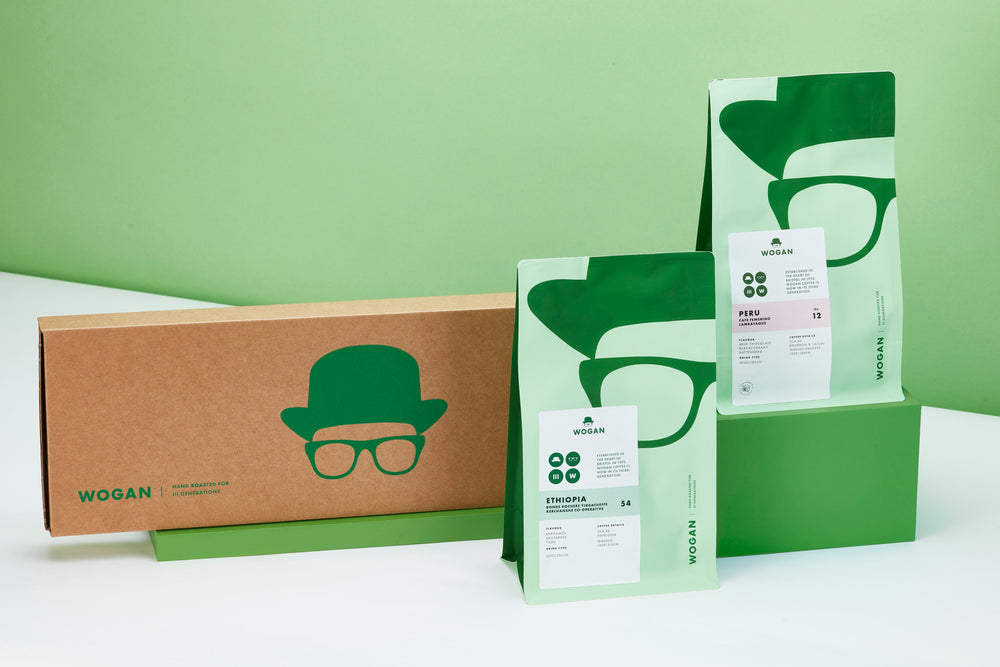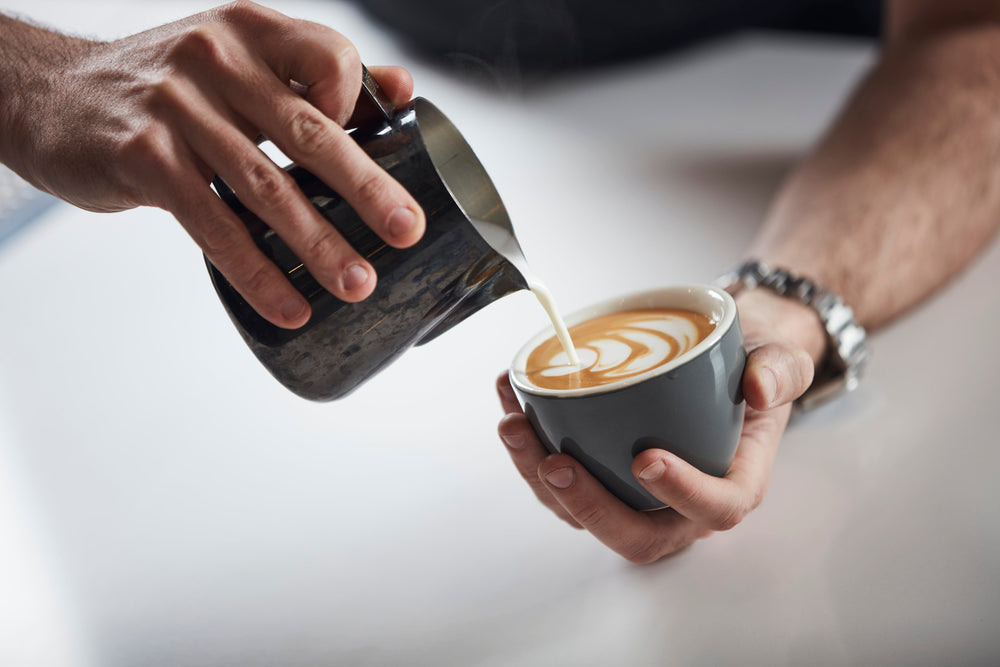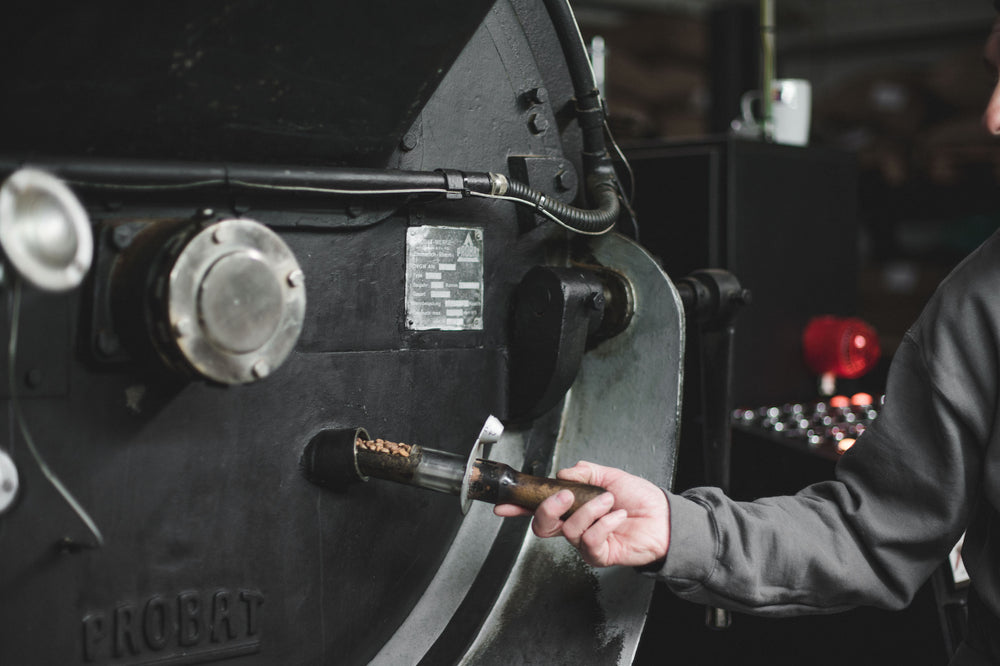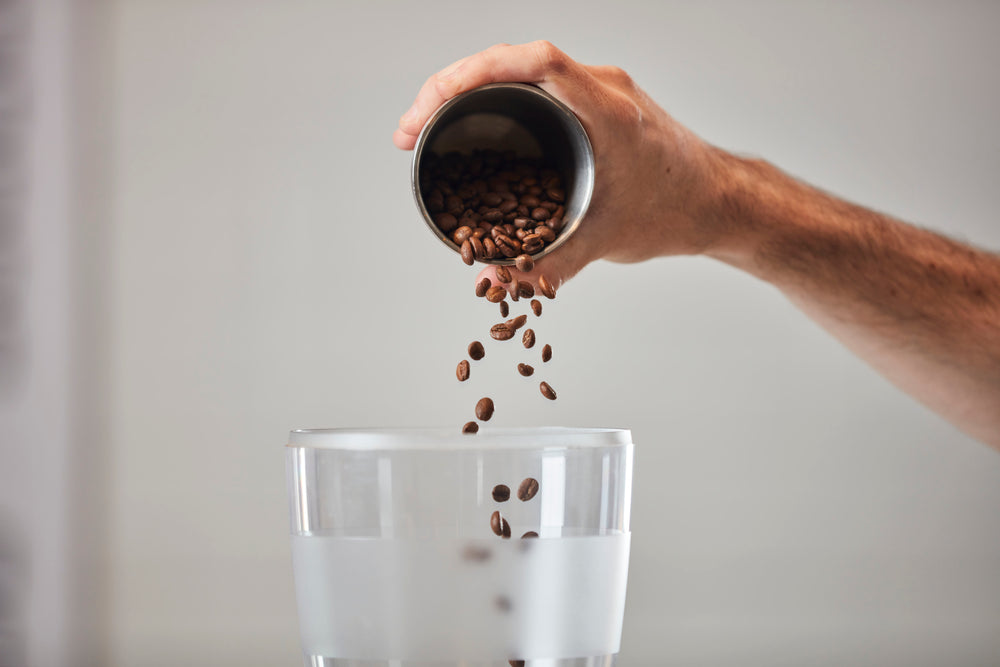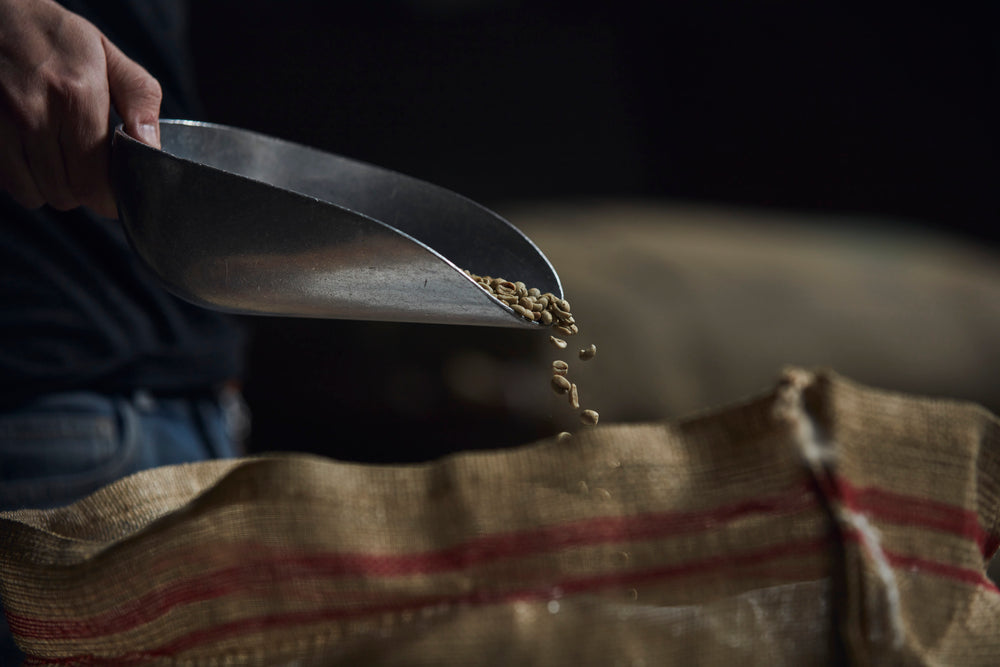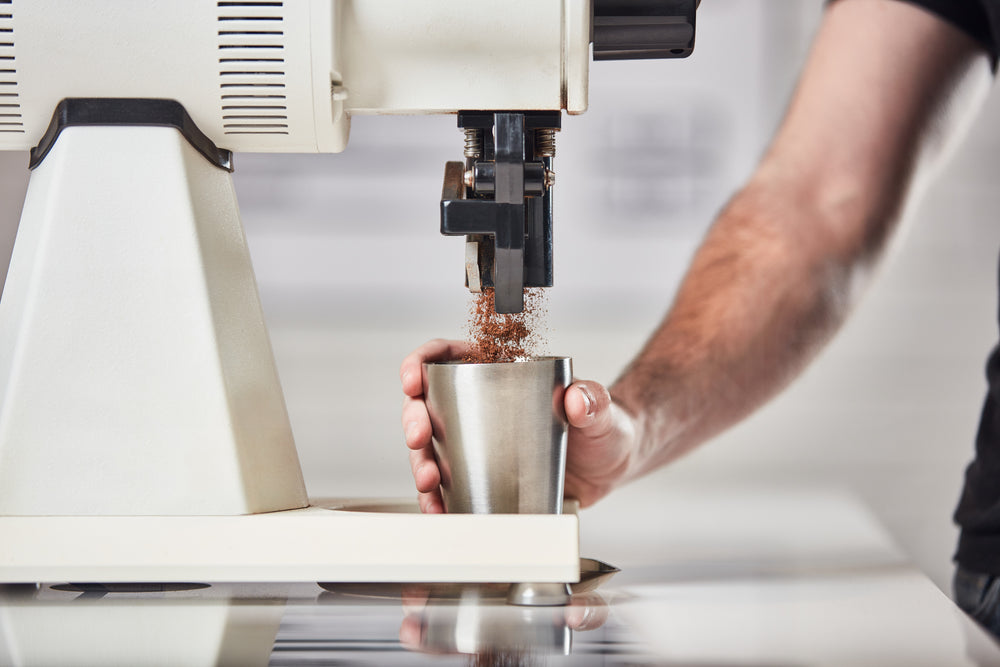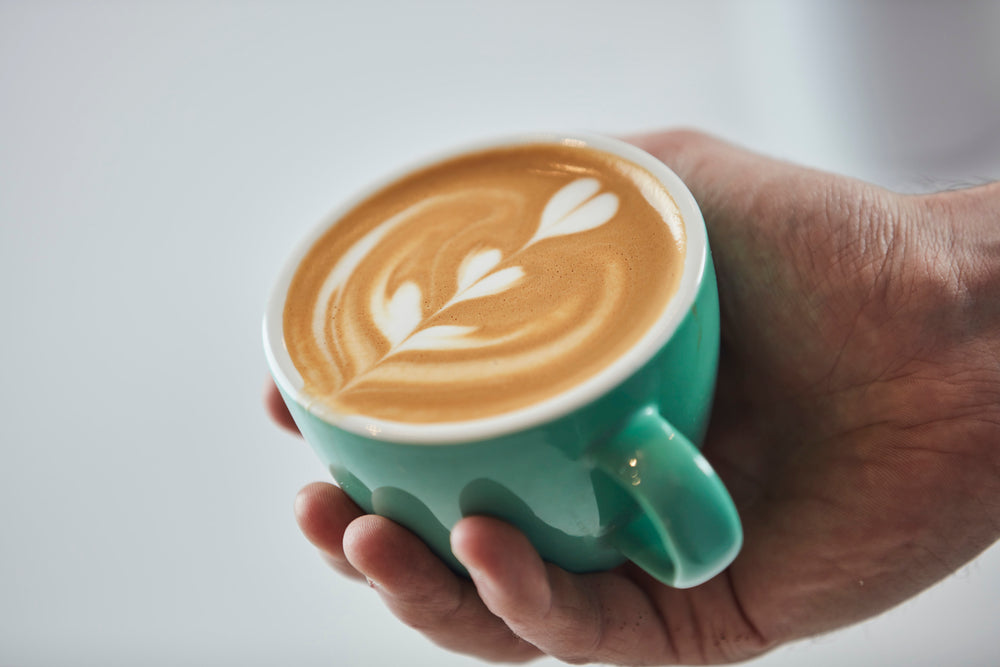
MONTHLY SPECIAL - Colombia, Villamaria PB², Anoxic Pink Bourbon Peaberry
Every month, our resident Q Grader and third-generation Wogan, James, searches the world to find a coffee that is ‘weird and wonderful’, and truly excites. A micro-lot, a great back-story, an impressive cooperative, or a particularly unusual taste; once it's gone, it's gone.
We keep the prices of these extraordinary coffees down, so that you have the chance to try something that you might not be able to get your hands on otherwise.
The Farm
Villamaria's processing station, Jamaica, was chosen due to its perfect climate and altitude for the drying of naturally processed coffee. Alongside this, the large space available meant that producing high-quality naturals at scale was a possibility not available before.
Villmaria is a Colombian municipality located in the department of Caldas, and a few kilometres from Manizales. The drying station 'Jamaica' represents the harvest of 30 to 50 coffee producing families in the surrounding area of Villarazo, sitting at altitudes higher than the drying station itself. Sitting at 1300 metres above sea level, it is well suited to the processing of honey and natural coffees due to the hotter temperatures found here.
With the aid of Nuna dehydrator and mechanical drying systems, controlling humidity and temperature throughout the drying process aids the processing of honey and natural lots.
The Process
These peaberries were isolated and re-sorted from both the anoxic washed and anoxic natural lots of Pink Bourbon, delivered to La Aurora by neighbouring producers. The anoxic process uses cool temperatures by utilising cold water poured above the coffee cherries. Cold water reduces the fermentation temperature, and allows the coffee to sit in cherry for an extended period , with no interaction from additional oxygen.
The temperature remains low and stable because the surface water acts as a heat exchanger, with the warmth evaporating off of the top. Coffees are dried for up to 20 days on raised beds in cherry for anoxic naturals and after pulping for anoxic washed. The resultant volumes are then blended for export.
Why Wogan?


Sustainable and ethical
We've made it this generation's mission to put sustainability at the forefront. We’ve pledged to be Carbon Neutral by 2030 and are well on our way to getting there. LDPE4 recyclable bags, a Roastery powered entirely by solar energy, and a hell of a lot more.

our story
We, at Wogan Coffee, have been lovingly hand-roasting speciality, ethical, sustainable and traceable coffees since 1970. In our third generation, and a wholly independent family company, you can find us rooted in Bristol; the same city as when Mr Wogan established the business over fifty years ago. Laura and James, grandchildren of the bowler hatted gentleman, now have the ropes firmly in their grasp; James as our resident Q Grader in the Bristol Roastery Headquarters, and Laura in London.
